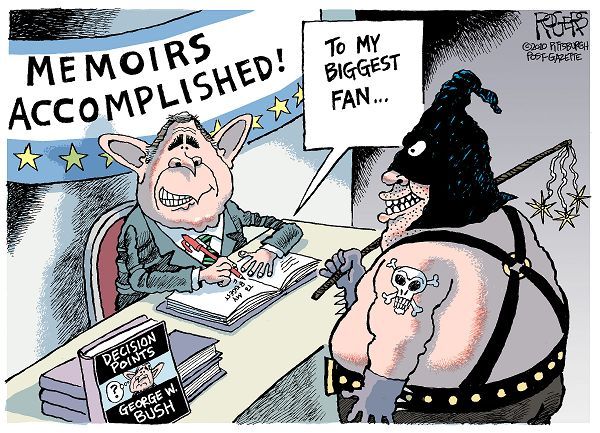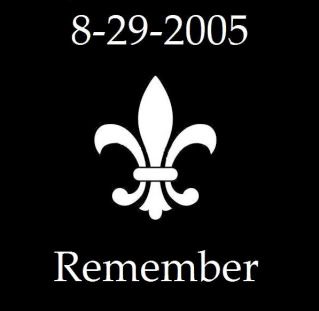It is 10 years since Hurricane Katrina slammed into the Gulf Coast causing $108 billion in damages, killing over 1300 people and completely changing the city of New Orleans and the coastline.
Today New Orleans has changed in many ways, it is whiter, richer and the poor are poorer:
Ten years later, it is not exactly right to say that New Orleans is back. The city did not return, not as it was.
It is, first of all, without the more than 1,400 people who died here, and the thousands who are now making their lives someplace else. As of 2013, there were nearly 100,000 fewer black residents than in 2000, their absences falling equally across income levels. The white population decreased by about 11,000, but it is wealthier.
The city that exists in 2015 has been altered, by both a decade of institutional re-engineering and the artless rearrangement that occurs when people are left to fend for themselves.
Empowered by billions of federal dollars and the big ideas of eager policy planners, the school system underwent an extensive overhaul; the old Art Deco Charity Hospital was supplanted by a state-of-the-art medical complex; and big public housing projects, at once beloved and notorious, were razed and replaced by mixed-income communities with housing vouchers.
In a city long marinated in fatalism, optimists are now in ascendance. They promise that an influx of bright newcomers, a burst of entrepreneurial verve and a new spirit of civic engagement have primed the city for an era of greatness, or, at least, reversed a long-running civic-disaster narrative.
“Nobody can refute the fact that we have completely turned this story around,” said Mayor Mitch Landrieu, talking of streamlined government and year-over-year economic growth. “For the first time in 50 years, the city is on a trajectory that it has not been on, organizationally, functionally, economically, almost in every way.”
The word “trajectory” is no accident. It is the mayor’s case that the city is in a position to address the many problems that years of government failures had allowed to fester. He did not argue that those problems had been solved.







